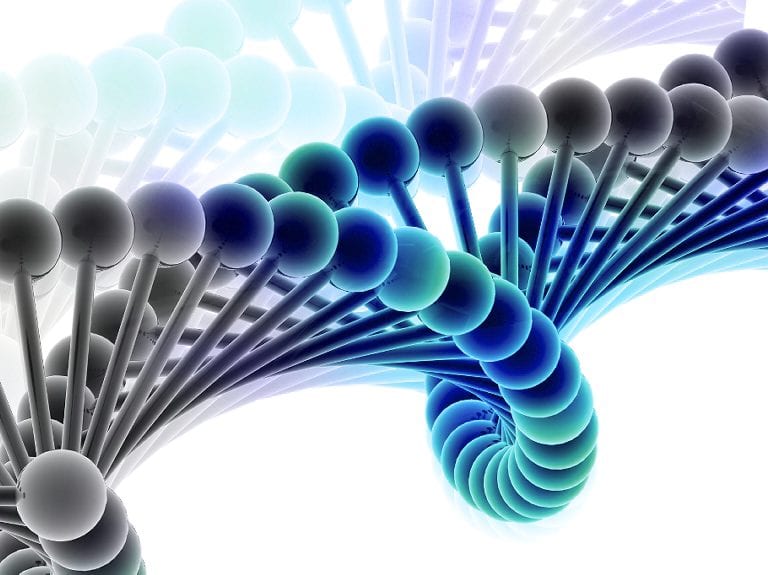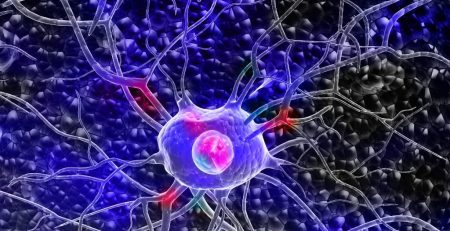What is CRISPR?
Google the term “CRISPR” and over 7,000,000 results will appear in less than half a second. But what is CRISPR exactly?
CRISPR (pronounced “crisper”) is an acronym which stands for Clustered Regularly Interspaced Short Palindromic Repeats and is, essentially, the basis for a form of genome editing technology. According to Live Science, CRISPR technology “allows researchers to easily alter DNA sequences and modify gene function.” Typically used as shorthand when referring to CRISPR-Cas9, CRISPRs are long stretches of DNA. The protein Cas9 is an enzyme capable of cutting that particular thread of DNA.
CRISPRs were first discovered as a natural defense system used by bacteria and archaea. Francisco Mojica proposed CRISPRs defended against invading viruses. “They consist of repeating sequences of genetic code, interrupted by ‘spacer’ sequences – remnants of genetic code from past invaders,” Broad Institute explains. “The system serves as a genetic memory that helps the cell detect and destroy invaders…when they return.”
But how does that help scientists and researchers today?
Scientists are able to transcribe the CRISPR “spacer” sequences into RNA sequences, “capable of guiding the system to matching sequences of DNA.” The enzyme produced by the CRISPR system, most commonly Cas9, “binds to the DNA and cuts it, shutting the targeted gene off.” This is how they are able to target and modify the human genome in an attempt to treat a number of genetic diseases.
While this all may sound promising, CRISPR technology is not without its drawbacks. The ethical implications of tampering with genomes is at the forefront of the CRISPR debate. Variable efficacy, off-target effects and imprecise edits all pose safety risks, but there are also more nuanced questions, such as where or not we should be editing the genetic makeup of future generations without their consent.
These questions and objections may not be going away any time soon, but that doesn’t mean researchers are slowing down their CRISPR research. As recently as April 2018, researchers upgraded CRISPR to edit thousands of genes at once. Read more about the research in BioNews














